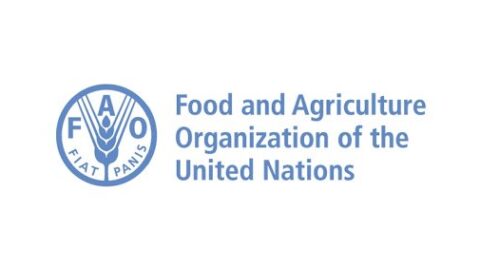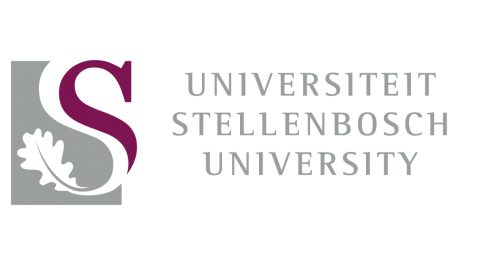The Biosciences eastern and central Africa – International Livestock Research Institute (BecA-ILRI) Hub (Nairobi, Kenya), in partnership with its UK-based partners the John Innes Centre (JIC), the Earlham Institute (EI) and Oxford Nanopore Technologies (ONT), launches an intensive training programme in genomics and bioinformatics, called Third-generation genomics and bioinformatics for agribiosciences in Africa.
This training project will offer a dozen fellowships only: in line with our experience with the Bioinformatics CoP program, we will focus on the quality of the training program and the internal cohesion in the cohort of trainees, rather than on numbers. With support tailored to the trainees all through to the Deploy phase, we expect that this training will have ripple effects, with trainees returning to their home institutions to become emerging leaders in the fields of genomics and bioinformatics: “train the few to impact the many”. Therefore, applications will be rigorously screened, aiming at recruiting the best candidates in the most committed home institutions with the most promising and impactful research projects. Within this framework, reviewers will pay careful attention to achieving gender and geographic balance.
Eligibility:
In order to guide potential applicants, we set out the following requirements, listed in no particular order:
- The call is open to citizens of African countries affiliated with a research institution on the continent. Applicants will have to demonstrate active support from their home institution. By “support”, we mean administrative and financial support, exempli gratia commitment to discharge the applicants from professional tasks they would have to conduct during the period of the training, financial support to help the returning trainee set up their research project in the Deploy phase, commitment to provide the trainee with a conducive environment for those research activities as well as forthcoming local training activities led by the trainee in coordination with the programme’s managing team, etc.
- The applicant’s home institution should already have a minimal molecular biology lab, with basic equipment for DNA extraction and quality checking, polymerase chain reaction (PCR) and gel electrophoresis.
- The applicant’s home institution should commit to equip itself with a MinION starter pack or any other sequencing device enabling native single-molecule sequencing, as well as commit to support the returning trainee with the other start-up costs for their Deploy project (cf. section “Costs/Funding” above).
- Applicants must have a well-thought project in mind, through which they will make use of long-reads genomics as soon as they return to their home institution (Deploy phase)
- Applicants must have earned an MSc in biological sciences, genetics, bioinformatics, biostatistics, biotechnology, agricultural sciences, or other related fields.
DEADLINE: October 31, 2020
To apply and more information visit here








